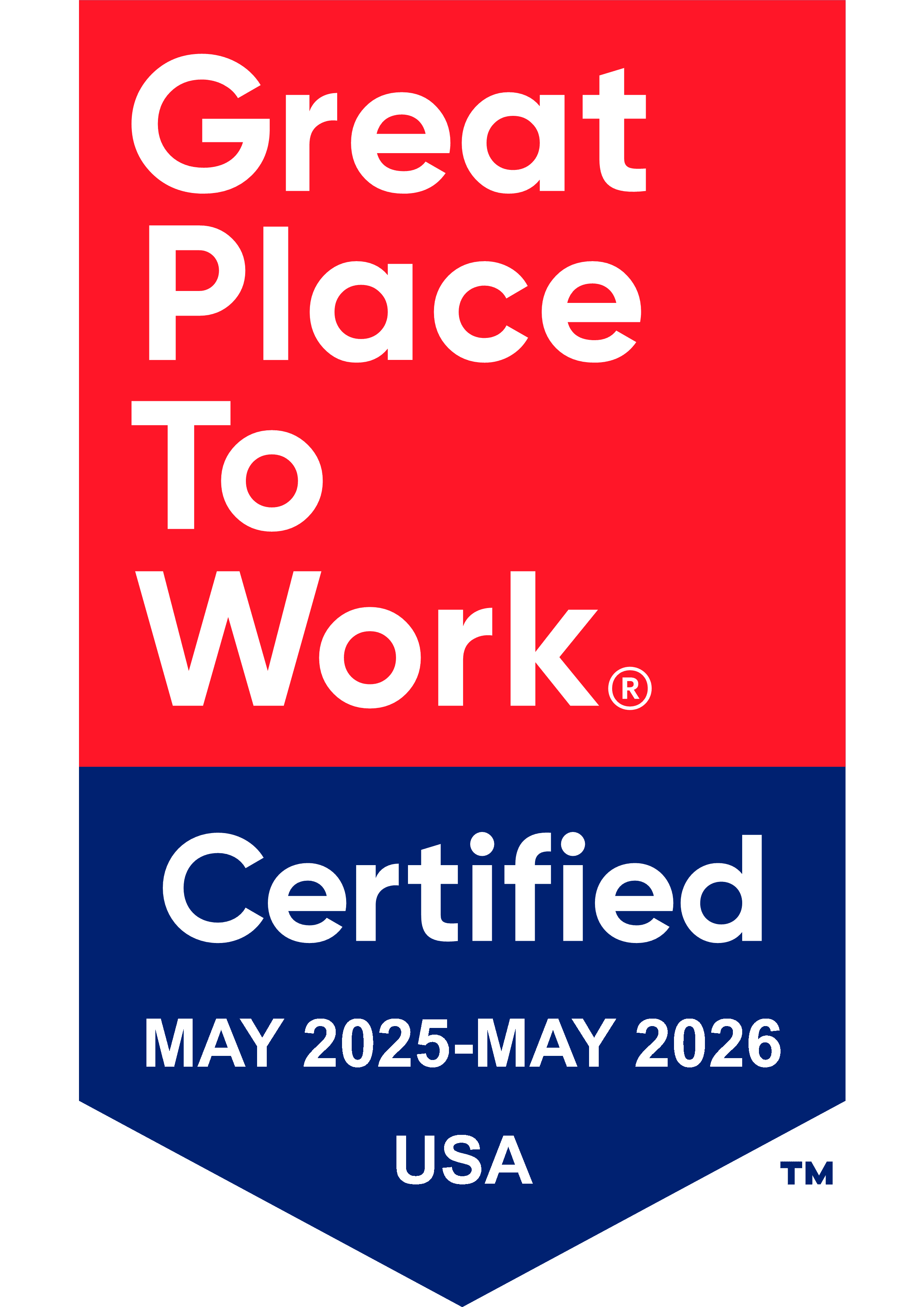This week, the Food and Drug Administration approved Narcan nasal spray, the first FDA-approved nasal spray version of naloxone hydrochloride, a life-saving medication that can stop or reverse the effects of an opioid overdose.
Opioids are a class of drugs that include prescription medications such as oxycodone, hydrocodone, and morphine, as well as the illegal drug heroin.
Drug overdose deaths, driven largely by prescription drug overdoses, are now the leading cause of injury death in the United States – surpassing motor vehicle crashes. When someone overdoses on an opioid, it can be difficult to awaken the person, and breathing may become shallow or stop – leading to death if there is no medical intervention. If naloxone is administered quickly, it can counter the overdose effects, usually within two minutes.
The Centers for Disease Control and Prevention has reported the number of drug overdose deaths had steadily increased for more than a decade.
“Combating the opioid abuse epidemic is a top priority for the FDA,” said Stephen Ostroff, M.D., acting commissioner, Food and Drug Administration, in the agency’s news release. “We cannot stand by while Americans are dying. While naloxone will not solve the underlying problems of the opioid epidemic, we are speeding to review new formulations that will ultimately save lives that might otherwise be lost to drug addiction and overdose.”
Until this approval, naloxone was only approved by the FDA in injectable forms, most commonly delivered by syringe or auto-injector. Many first responders and primary caregivers, however, feel a nasal spray formulation of naloxone is easier to deliver, and eliminates the risk of a contaminated needle stick.
Narcan nasal spray does not require assembly and delivers a consistent, measured dose when used as directed. This prescription product can be used on adults or children and is easily administered by anyone, even those without medical training. The drug is sprayed into one nostril while the patient is lying on his or her back, and can be repeated if necessary. The agency notes that the person administering Narcan nasal spray should seek further immediate medical attention on the patient’s behalf.
In clinical trials conducted to support the approval of Narcan nasal spray, administering the drug in one nostril delivered approximately the same levels or higher of naloxone as a single dose of an FDA-approved naloxone intramuscular injection, and achieved these levels in approximately the same time frame.
The National Institute on Drug Abuse (NIDA) played a critical role in the development of Narcan nasal spray, forming a public-private partnership by designing and conducting the clinical trials required to determine that the intranasal formulation delivered naloxone as quickly and as effectively as an injection. NIDA then worked with its private sector partners to obtain FDA approval.
“This easy-to-use intranasal formulation will no doubt save many lives,” said Nora Volkow, M.D., NIDA director, in a news release. “While prevention is the ultimate goal, the drug’s successful development illustrates how public/private scientific partnerships can play an important role in responding to a national crisis right now.”
Learn new strategies to prevent substance abuse and medicine misuse in your community at CADCA’s National Leadership Forum, Feb. 1-4th in the Washington, D.C., area. The Office of National Drug Control Policy Director Michael Botticelli will speak at the National Leadership Opening Plenary. He is expected to address key elements of the National Drug Control Strategy, discuss the evaluation of the Drug-Free Communities program, and provide updates on the Administration’s latest efforts to curb the opioid crisis. Learn more about this premier training event and take advantage of the early-bird and group registration rates.
SEE ALSO:

